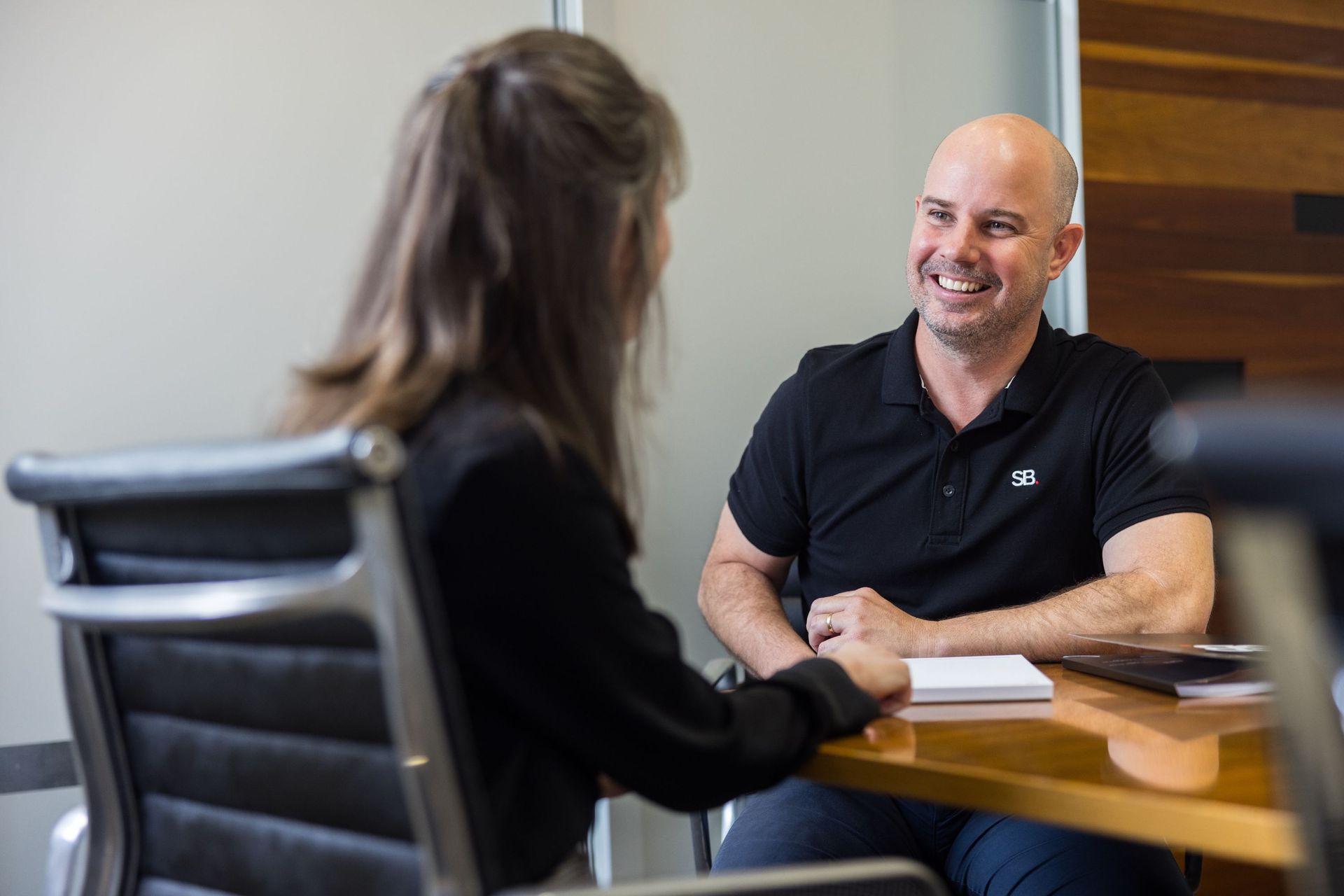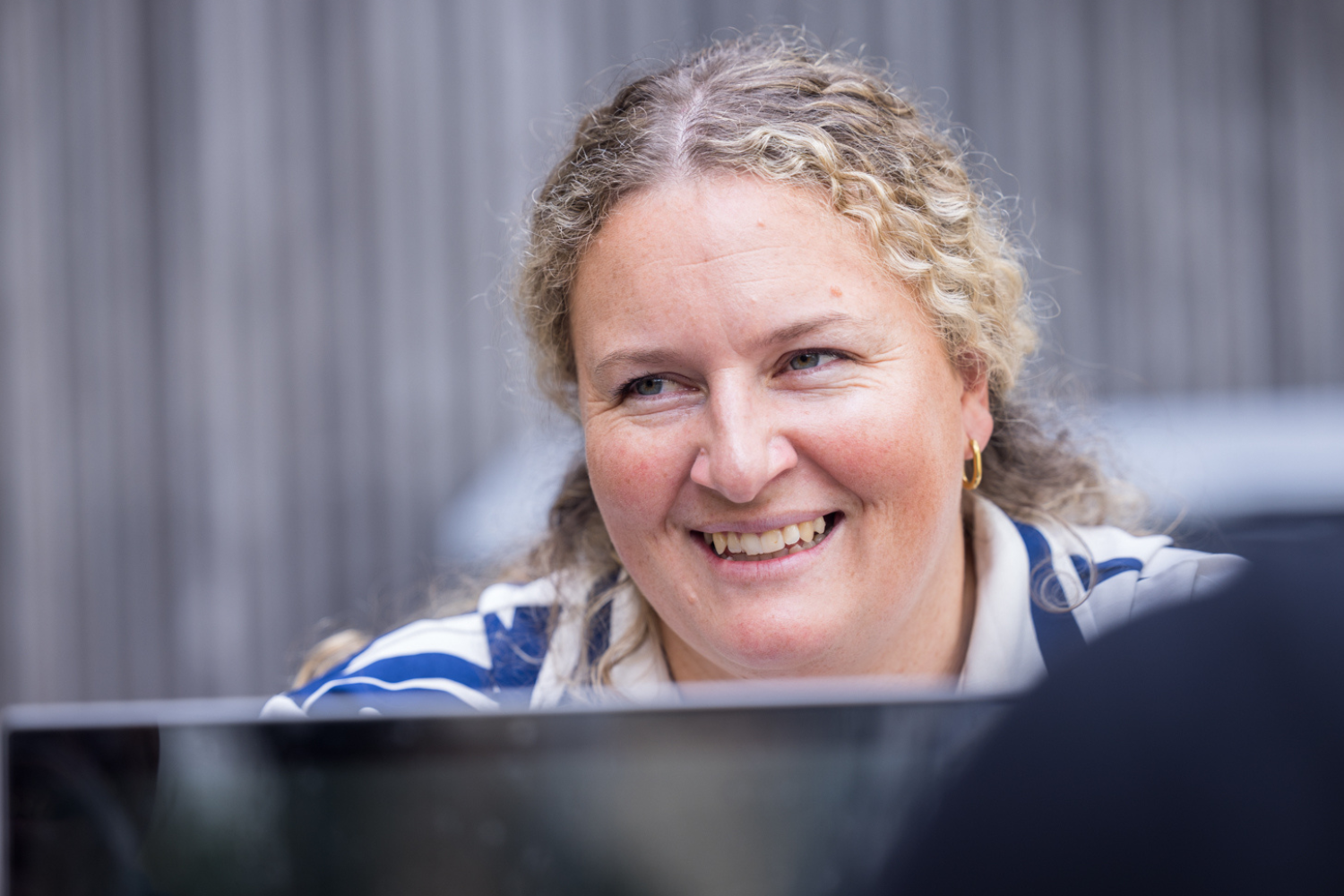Making the change: Moving from sole trader to company
Sole trader vs company: What's the best option for you?

It's a decision many Ipswich small business owners will consider at some point, particularly as their business grows. But what are the benefits? Why should you make the change from sole trader to company.
Which stage of the business journey are you at?
Many individuals start out their business careers as sole traders. The reasons are many, but mainly, it's simple, easy to understand and an inexpensive way to start out.
However, as your business grows, the benefits of limited liability become clearer, and if your annual profits start to increase into a higher tax bracket, then it’s a good time to start thinking about changing to a company structure.
Benefits of a company structure
- You may even have a grandiose idea or a business model that would succeed better with investors or partners. A sole trader structure does not position yourself to aid this prospective growth/expansion.
- Trading as a sole trader, you are legally responsible for all financial aspects of your business. If things go wrong, your personal assets can be seized to pay off any debts.
- Companies are separate legal entities, as a director of a company your personal liability can be limited, if something goes wrong in your business (in most instances this may be financial disaster/difficulty).
- The obvious detractor from operating via a corporate structure is that there are more legal, tax and compliance responsibilities to adhere to; which can translate into more time, effort and money required at your end. BUT ... don’t let this put you off – the pros often outweigh the cons when considering such a move.

Reasons to make the switch
- You experience significant growth & surge in profits e.g. Once earning over $180,000 your marginal rate of tax climbs to 45% + Medicare Levy. The corporate tax rate for a base rate entity is 25%. Hence if sales are booming, your services are in high demand, your equipment is yielding huge hiring revenues – consider the move to a company.
- You've got this great idea, invention or IP that you have generated but will need investors to get to market. Investors can easily see what percentage of the business they are investing in and where their investment is going via the issuance of shares in company structure.
- You might be in a higher risk industry and want to minimise your exposure to the downside, or work in areas of tight margins, exposed to litigation risk, engage an abundance of contractors and employees .... if so, it’s time to consider incorporating. Such scenarios are often presented to those working in the professional services, medical industry, labour hire/recruitment and building/construction game to name a few.
- Improving commercial opportunities – we live in a world of perception, many sole traders have great business’s but often if want to be taken seriously, want to work with the bigger players/clientele, then to give yourself a chance you may need to incorporate. This may not seem fair, however it’s a fact a lot of organisations do only deal with corporations and will treat you as the "real deal".

Reasons to make the switch
So ... once you’ve decided you want to move from a sole trader to a company there is still plenty of work that needs to be done across the board. You Sammut Bulow Ipswich accounting professionals are here to help you make it happen.
Here's a handy list
- You’ll need a new ABN.
- Bank details to change (may need to restart/transfer direct debits)
- New accounting software/payroll file
- Invoices, letterheads, email signature, client agreements will change.
- Need to decide on shareholding structure.
- If transferring assets e.g., goodwill, equipment – need to consider tax implications of doing so.
- Clients and suppliers will need notifying.
- Insurances will need amending/transferring.
- Transfer or create new subscriptions, professional membership, business name registrations.
- Borrowing capacity may be impacted in short term due to change in trading structures.
- May need to transfer staff and obligations that come with that e.g., Super, Workcover, Employment Agreements/Contracts, leave balance considerations.
- QBCC licences need changing (if building/construction)
- The way you remunerate yourself will need tweaking – wages+ Super/dividends/ loan agreements – can’t just treat as drawings.
- How you manage your BAS and income tax obligations will change, understand tax obligations and monies need to retain for year end and ongoing activity statement compliance.
Sammut Bulow are your trusted Ipswich Accountants; working with you every step of the way. We can assist with business taxation and compliance, business advisory, self-managed superannuation, bookkeeping and more. Reach out to our friendly team below.
SHARE POST:
RECENT POST:






